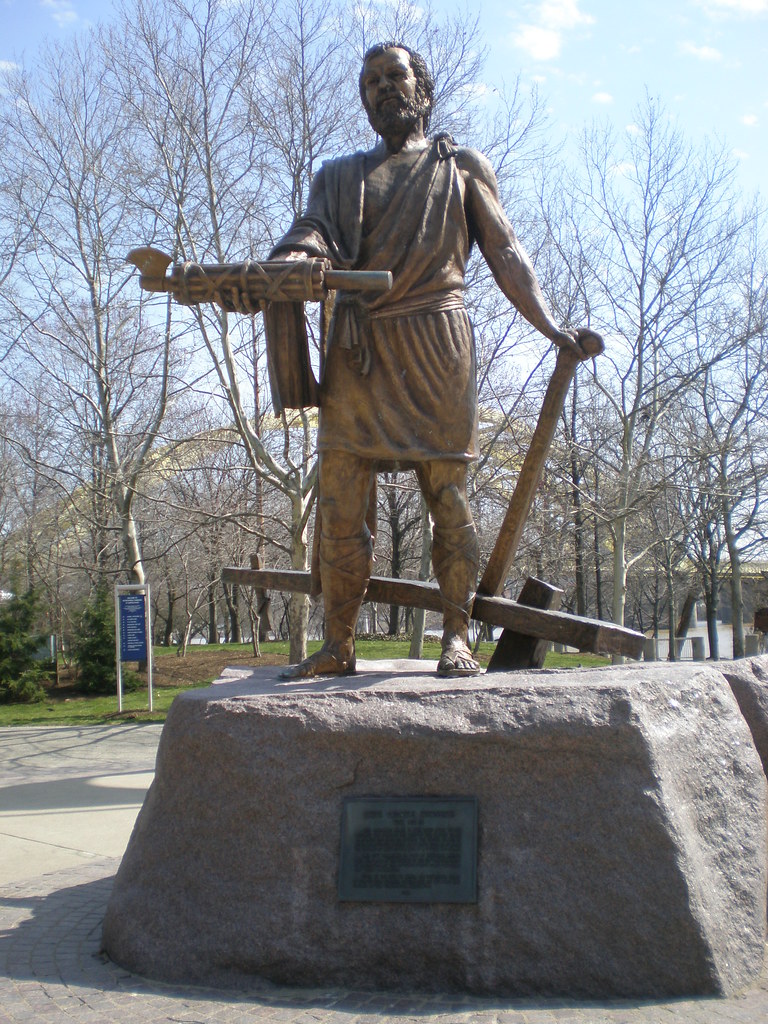W.J. Astore
Three retired Army generals recently wrote an op-ed at The Washington Post on their fears of a coup in the aftermath of the next presidential election in 2024. Their scenario: Biden gets reelected, but Trump or a Trump-like candidate refuses to concede. A hyper-partisan military splits, with some units throwing their support to the loser, leading to a coup attempt. The three generals further suggest that the military must act now to prepare for, and thus to prevent, such a coup.
I have several thoughts on this. First, and most obvious, is the military’s oath of office, which is to the U.S. Constitution. If the U.S. military, with all its authority in our society, and all the colossal sums of money we give it, can’t be trusted to honor its oath, then there is truly something fundamentally wrong with its leadership and its ethos. I would suggest immediate public firings and prosecution of any leaders who put political partisanship before the U.S. Constitution and the oath of office.
Second, what’s most striking to me is what these generals don’t say. They talk about partisanship and seem to assume the enemy is solely from the Trumpian wing of the Republican Party. If Trump would just disappear, along with his movement, America would be just fine. Really?
Here’s my take: Partisanship surely does exist, but it needs to be understood. It needs to be connected to America’s disastrous and dishonest wars and also to the greedy and dishonest behavior of the generals. If military veterans are dangerous, it’s because they feel betrayed. They believe their situation is hopeless — and thus many are alienated and angry. A Trump-like figure can exploit this alienation and anger precisely because the Democratic Party is doing so little to help the working classes, including military veterans. (Of course, Republicans are arguably doing even less.)
If you want fewer hyper-partisan veterans, give them something tangible, like higher wages, affordable health care, better job opportunities — some recognition that their sacrifices were not in vain. Show them you’re working to enrich all citizens, not just those who are already in the top 10%, or the top 1% for that matter.
That said, I want to stress the culpability of the U.S. military in creating the potential conditions for a coup. The warrior ethos of today’s all-volunteer military is corrosive to democratic society. It’s the generals who advanced this warrior ethos, and it’s the generals who accepted, even applauded, the elimination of the draft. They didn’t want a citizen-military that would question the constitutionality of aggressive wars overseas. Now, a few of them admit to worrying about those demobbed “warriors” who’ve learned to believe less in the Constitution and more in the shock and awe of decapitating strikes.
These generals further fail to note the total lack of accountability within the senior leadership of the U.S. military for Iraq and Afghanistan, among other disasters. Indeed, the generals have, almost to a man, cashed in, none more so than General Stanley McChrystal, who actually was fired for cause. The vast majority of today’s generals retire with six-figure pensions and go immediately to work for the military-industrial complex. In place of Cincinnatus or George Washington, their role model is Gordon Gekko.
Want to stop future coup attempts? Admit to veterans that the wars they fought were based on, driven by, and perpetuated with lies. Unite to advance true democratic reforms. Act to ensure all future wars are defensive and authorized only by congressional declaration. And return to the citizen-soldier traditions of Cincinnatus and George Washington. Most of all, seek peace, among ourselves and with all nations.







